Machine Learning, Artificial Intelligence and Deep Learning - How o They Differ?
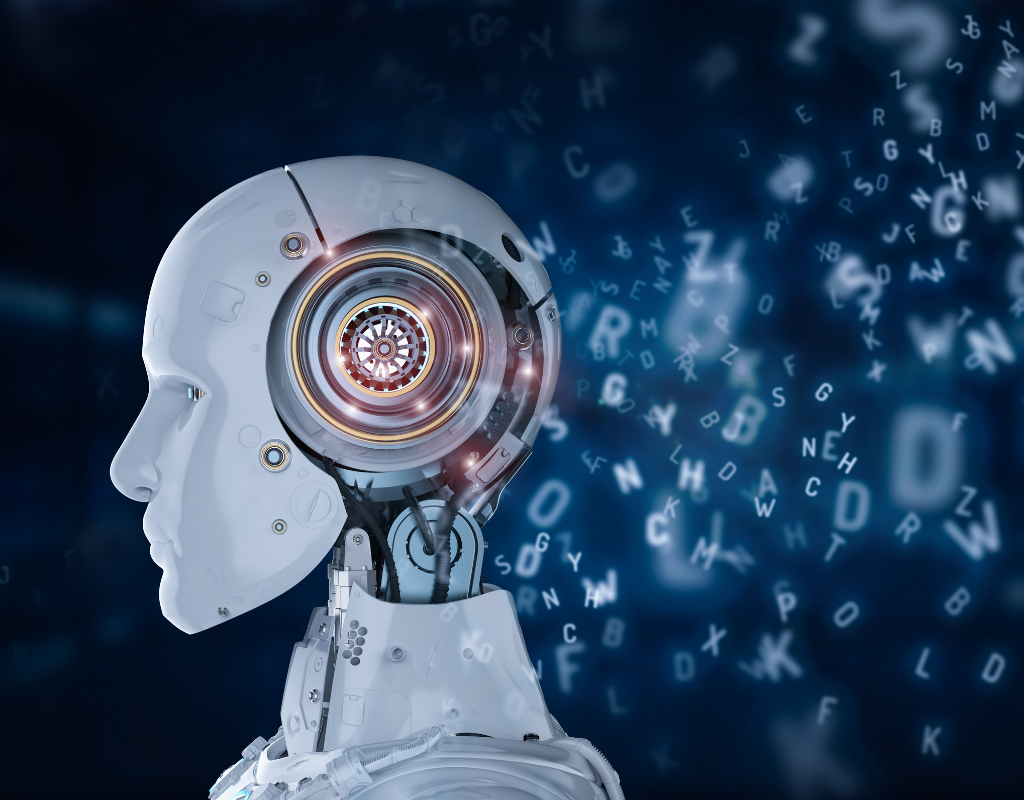
Technology based on artificial intelligence and machine learning accompanies us more and more often in everyday life. A growing number of industries is using intelligent solutions. The most common uses are recommendation engines in online stores or streaming services, algorithms in social media, but also self-driving cars or marketing automation tools.
In this article, we will explain as simply as possible:
- The meaning of the following terms: machine learning, artificial intelligence and deep learning
- How does intelligent technology work?
- The most important differences between ML, AI and DL?
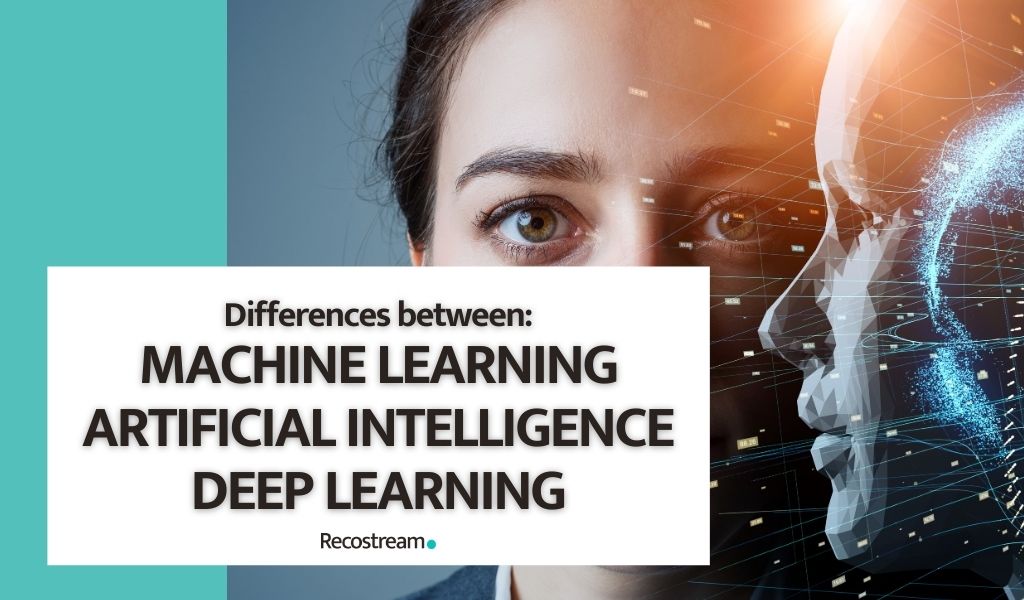
Fundamental differences between AI, ML and DL
Concepts such as artificial intelligence (AI), machine learning (ML) and deep learning (DL) can be compared to Russian matryoshka dolls - each concept is a component of the previous notion.
This means that machine learning is a narrower sub-field of artificial intelligence, and deep learning is, in turn, a sub-category of machine learning.

1. Artificial intelligence
Artificial intelligence has been a source of inspiration for numerous science fiction novels and films for many years.
The concept itself was born at a workshop at Dartmouth College in 1956, where John McCarthy used the term "artificial intelligence" to distinguish it from classical cybernetics.
Artificial Intelligence (AI) refers to the simulation of human intelligence in machines programmed to think in a human-like way and mimic our decision-making process.

Artificial intelligence analyzes its environment and takes measures to maximize the chances of the success of the task assigned to it.
The area of artificial intelligence saw a very sharp growth in 2015. One of the main reasons for the rapid growth of this technology is the development of graphics cards.
Their powerful computing power, already expressed in teraflops, has allowed many smaller enterprises to implement intelligent solutions in various branches of the economy.
Artificial Intelligence is a very broad concept that covers both machine learning, deep learning, and other minor categories based on the ability of machines and their software to improve themselves.
2. Machine learning
The basic definition of machine learning can be presented as follows: machine learning stands for all algorithms that analyze data, learn from it, and use this knowledge to make informed decisions.
Machine learning algorithms fall into two basic categories: supervised and unsupervised.
Supervised
These types of algorithms are used to predict future events based on what they learned in the past from the data collected.
Supervised machine learning systems begin by examining the training dataset to finally generate a list of predicted values.
The machine learning algorithm can also evaluate its output by comparing the predicted values to the actual data to further refine the algorithm and get better results in the future.
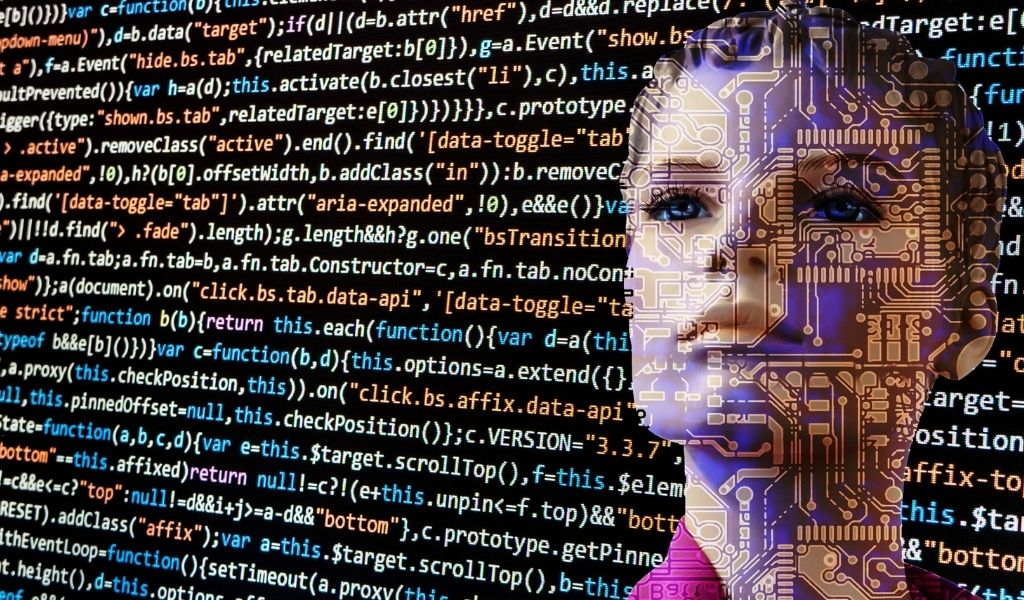
Unsupervised
Unsupervised machine learning algorithms are applied when data is not tagged or classified.
Machine learning of this kind explores how systems can construct a function to describe a hidden system from untagged data.
Their task is to examine the relationship between the data in the set to predict their values in the future.
Machine learning algorithms are currently used by many of the largest websites such as YouTube and Amazon to improve user experience.
3. Deep learning
Deep Learning is considered to be the development of machine learning.
The system based on this technology uses a programmable neural network that allows machines to make the right decisions without human assistance.
Jeff Dean, chief manager of Google AI, when asked about the essence of deep learning, described it as follows:
When you hear the term deep learning, think of a large, deep neural network where the term "deep" refers to the number of layers in an algorithm analyzing the available data.
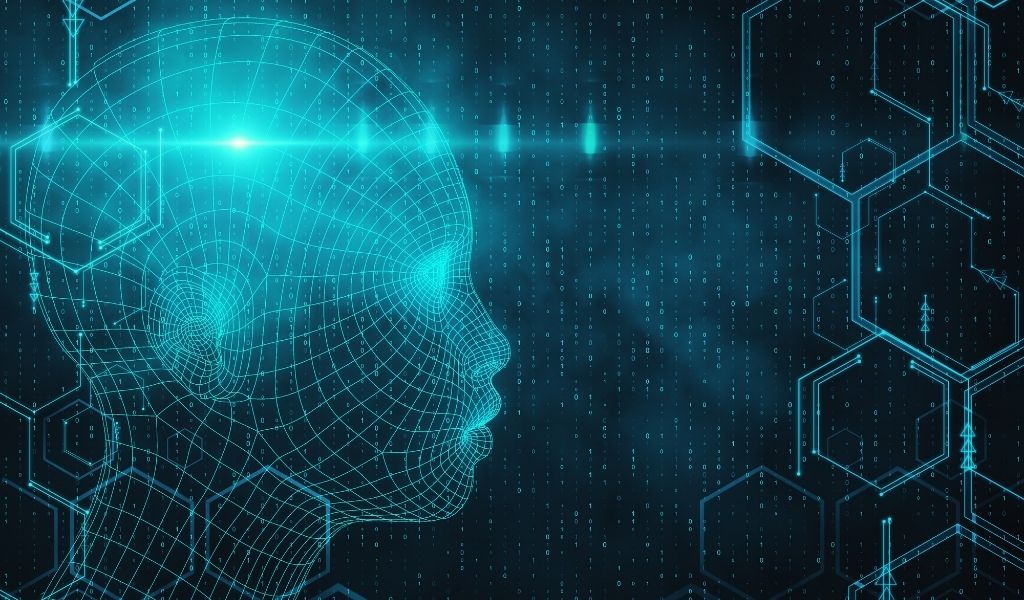
The data is also hidden under Big Data and comes from a wide variety of sources such as search engines, social media, online stores and streaming platforms.
The main advantage of deep learning is the use of all very different data in order to predict specific phenomena and behaviors.
The importance of Artificial Intelligence and Machine Learning for the eCommerce market
Artificial intelligence and machine learning in recent years have started to exert a considerable influence on the online sales market.
Intellogent tools that analyze customer behavior and improve user experience are becoming increasingly popular and companies using them can gain an advantage over the competition.
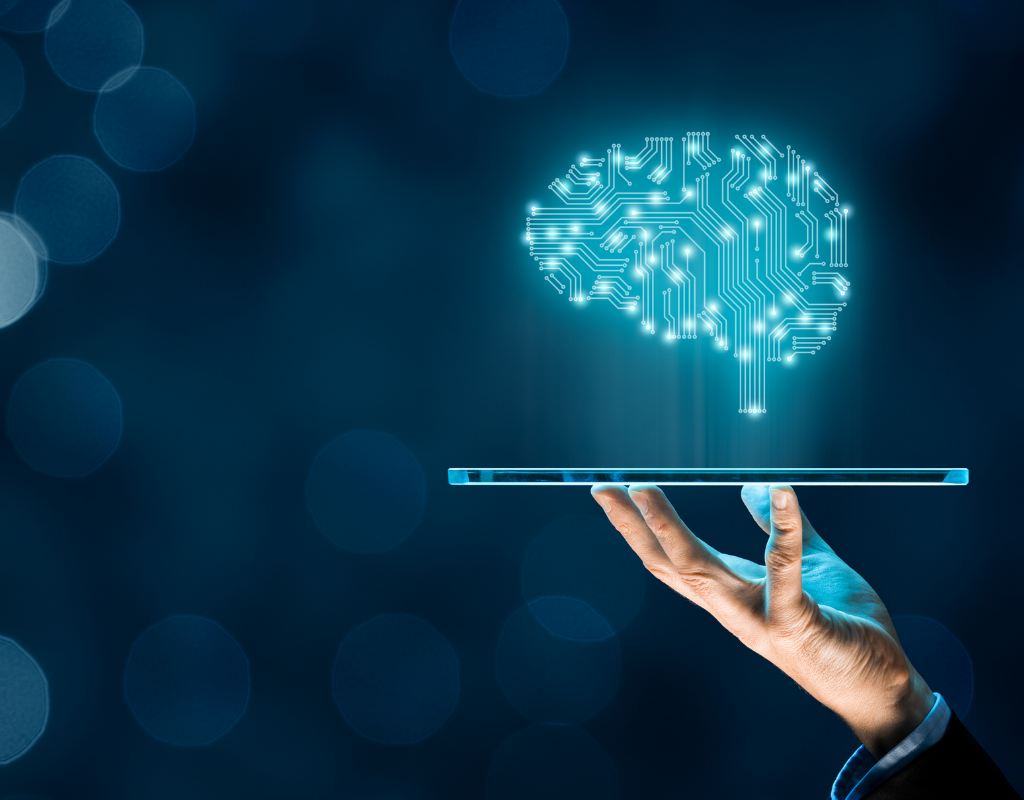
By using customer data from cookies, various tools for online stores based on machine learning are able to significantly personalize customer experience, which is currently one of the most important trends in online commerce.
It is estimated that up to 91% of eCommerce website customers admit that they prefer to shop on sites that somehow personalize their interactions with the store.
In turn, 89% of companies are already investing in tools based on artificial intelligence that improve store personalization.
Summary
The role of artificial intelligence, machine learning and other related technologies in the online marketplace will continue to grow.
It is worth knowing what these terms mean and what applications these technologies can find in an online store of any size. This knowledge is essential for every eCommerce website manager.